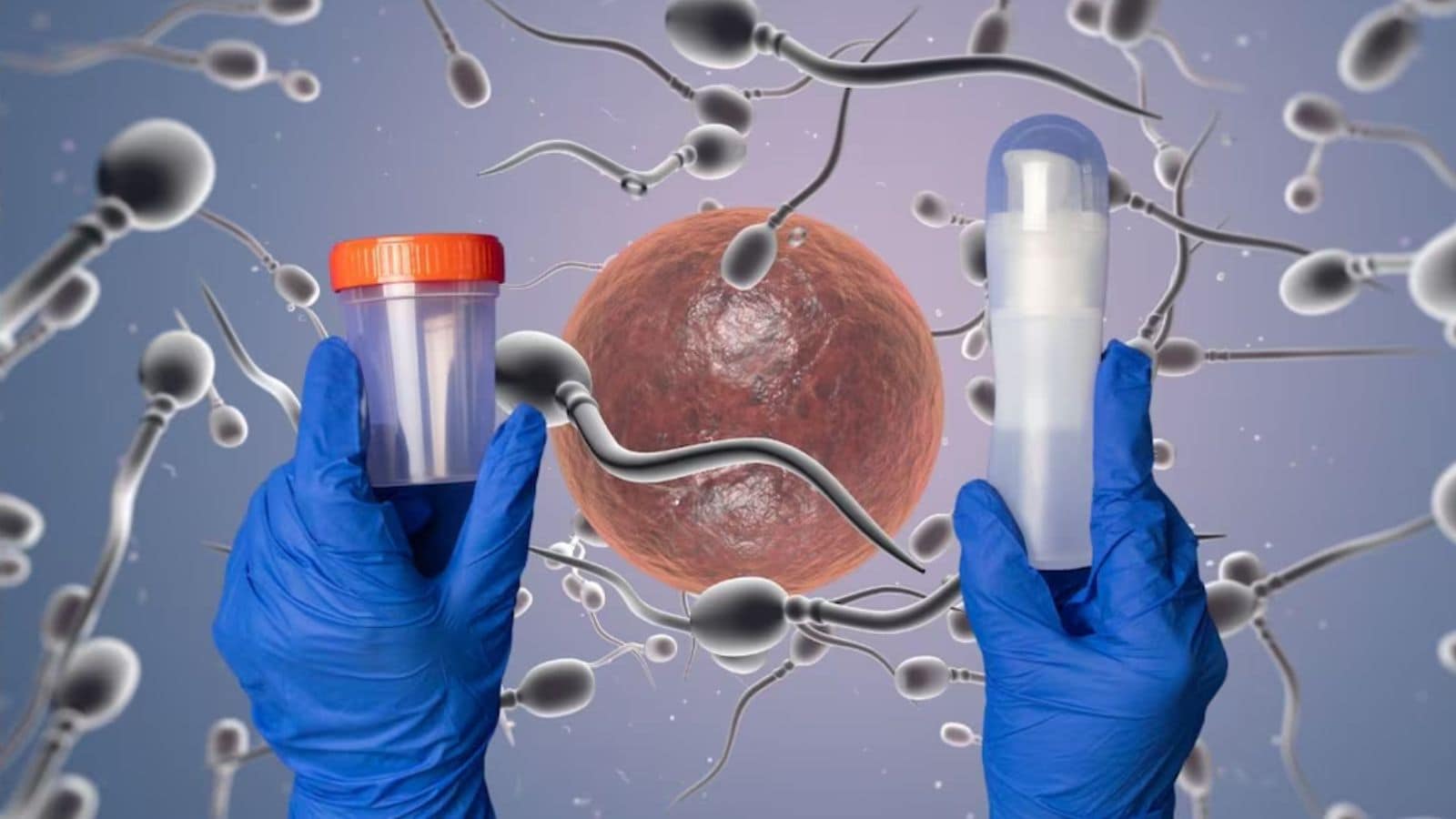Last Updated:
Discover the key lifestyle and health factors that affect IVF success rates when using your own eggs and sperm. Expert tips on diet, stress, sleep, gut health, and more.

Small, sustainable changes from both partners can make IVF less daunting and a little more likely to end in good news.
Most people picture IVF as something that happens purely in a lab, good embryos, skilled doctors, high-tech incubators. All of that matters, of course, but there’s also a quieter side to success that lives outside the clinic walls: how you live day to day. The way you eat, move, sleep, and manage stress can all nudge the odds in your favour.
Dr. Jayesh Amin, Clinical Director and Fertility Specialist, NOVA WINGS IVF, Ahmedabad, shares all you need to know:
Recommended Stories
Weight and general health come first. Both being underweight and overweight can throw hormones out of balance and affect how the ovaries respond to IVF medications. Excess body fat can also make implantation harder and increase miscarriage risk. That doesn’t mean you need a crash diet; in fact, drastic dieting right before a cycle usually doesn’t help. Slow, steady habits – balanced meals, gentle exercise, and regular check-ins with your doctor work better.
Smoking is one of the clearest red flags. It accelerates ovarian aging, damages eggs, makes the uterus less welcoming, and reduces sperm quality. Quitting well before treatment is one of the best steps either partner can take for IVF success.
While alcohol and recreational drugs haven’t been studied as extensively as smoking, heavy use has been linked to poor ovulation, sperm issues, and lower implantation rates. Most fertility specialists advise couples to minimize or eliminate alcohol and avoid recreational drugs when trying to conceive or during treatment.
Stress is more complex. While headlines often claim stress kills IVF success, research shows mixed results. Some studies suggest that short-term anxiety lowers pregnancy rates, while others show no effect. However, chronic stress disrupts sleep, appetite, and medication adherence. Practices like counselling, meditation, light exercise, talking with loved ones, or joining support groups can help reduce anxiety and indirectly improve outcomes.
Men’s health matters just as much. Sperm quality improves with a healthy weight, no smoking, less alcohol, proper nutrition, regular movement, and avoiding overheating (like keeping laptops off the lap and avoiding tight underwear). Even small lifestyle tweaks can lead to better fertilisation and embryo quality.
Gut health is another emerging focus. A balanced microbiome supports hormone regulation, nutrient absorption, and immune health, all of which can influence IVF response. Some studies suggest imbalanced gut bacteria may cause inflammation that interferes with implantation. Probiotics from supplements or foods like yogurt, kefir, and fermented vegetables can help, though research is still evolving.
Environmental factors also play a role. High air pollution and certain chemicals have been linked with lower IVF success. If you live in a high-pollution area, talk to your clinic about timing or ways to reduce exposure.
Then there are the basics: sleep, exercise, and diet. Moderate exercise supports metabolism, but extreme training or very low body fat can negatively affect fertility in some women. A whole-foods diet rich in plants and key nutrients like folate and vitamin D supports both egg and sperm health. There’s no single “superfood” that guarantees success — it’s the overall dietary pattern that matters.
Of course, age and ovarian reserve remain the strongest predictors of IVF success. Lifestyle changes can help improve the odds but cannot override biology. Think of them as creating the best possible conditions for treatment to work.
The takeaway? While your doctor manages the medical side, you can control many surrounding factors: weight, smoking, alcohol, stress, sleep, diet, gut health, and even environmental exposure. Small, sustainable changes from both partners can make IVF less daunting and a little more likely to end in good news.
About the Author

Swati Chaturvedi, a seasoned media and journalism aficionado with over 10 years of expertise, is not just a storyteller; she’s a weaver of wit and wisdom in the digital landscape. As a key figure in News18 Engl…Read More
Swati Chaturvedi, a seasoned media and journalism aficionado with over 10 years of expertise, is not just a storyteller; she’s a weaver of wit and wisdom in the digital landscape. As a key figure in News18 Engl… Read More
September 18, 2025, 19:14 IST
Loading comments…
Go to Source
Author: News18



